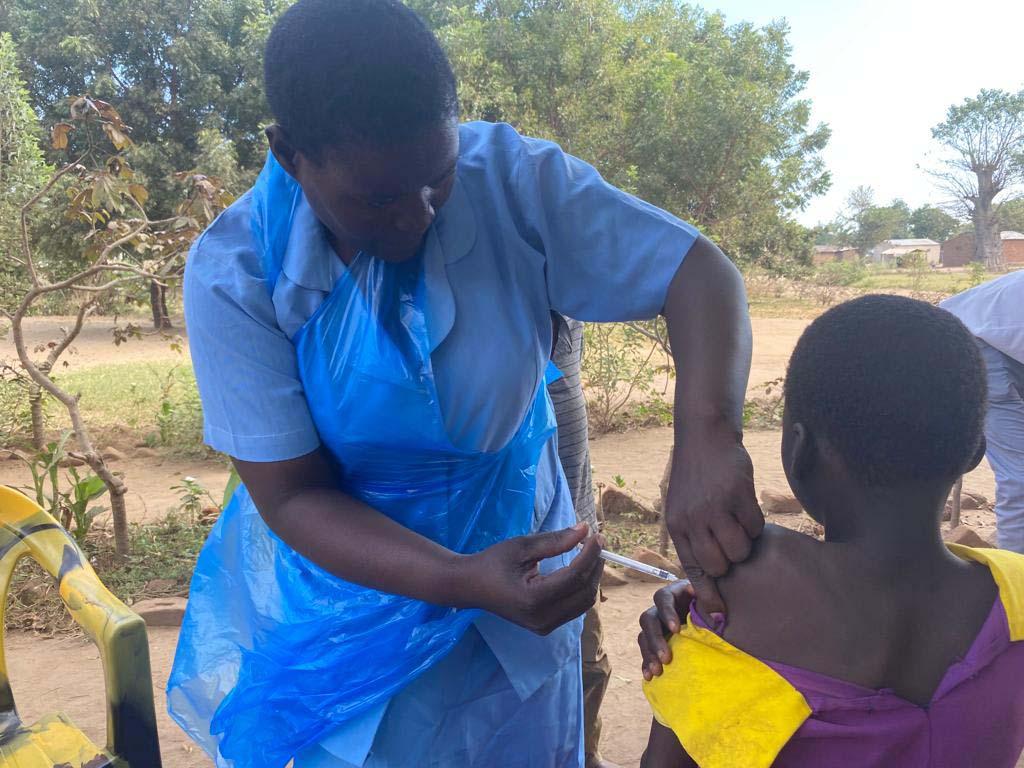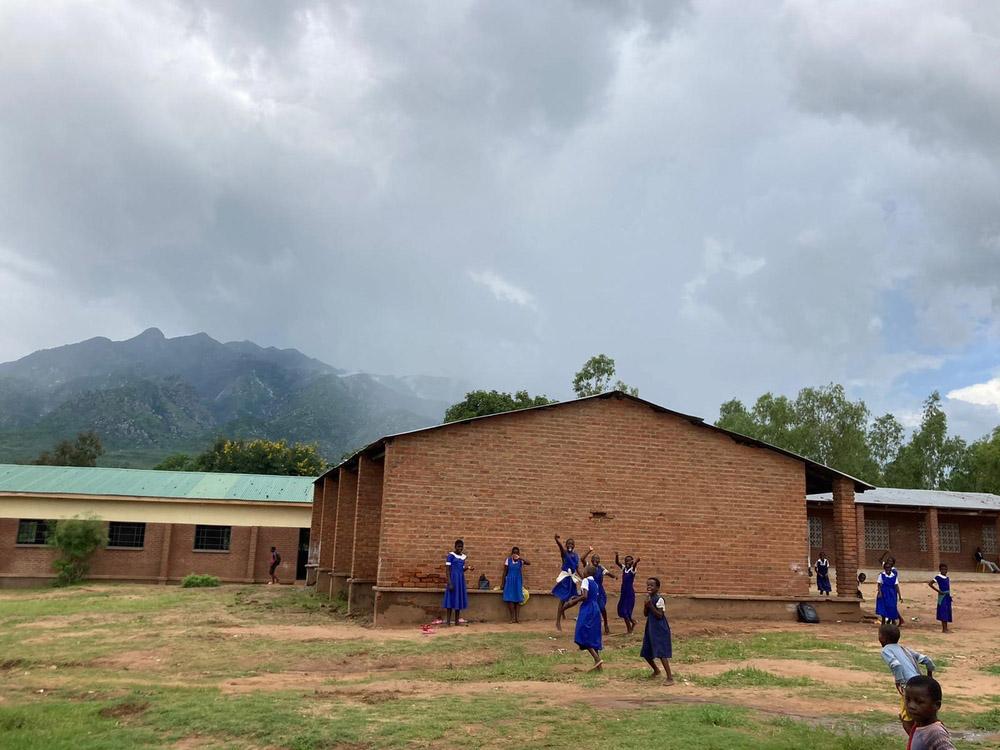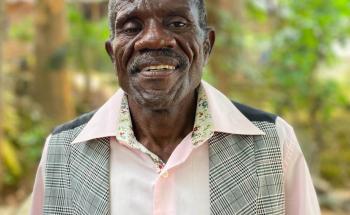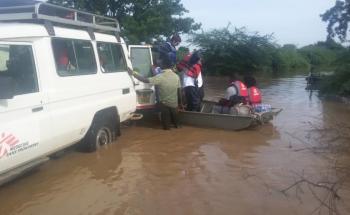Vaccination against the human papillomavirus (HPV) for young girls between 9 and 14 years old is the most effective way to prevent cervical cancer among women, according to World Health Organization recommendations. International medical humanitarian organization Doctors Without Borders (MSF) has been supporting HPV vaccination campaigns in Malawi since the beginning of the year.
“Since the HPV vaccine needs to be given between the ages of 9 to 14, the uptake is very low because visits to health centres are less frequent in Malawi at that age. So, MSF is supporting these vaccination campaigns because it is crucial that as many girls as possible receive their HPV vaccine and are prevented from developing cervical cancer,” says MSF Cervical Cancer Project Coordinator Sylvie Goossens.

Currently, one of the most effective ways to reach these young girls on a large scale and prevent them from contracting the virus is to offer the vaccine at their schools. After vaccinating 17,000 girls in Phalombe in January and 52,000 in Machinga between February and March, MSF is now supporting the Ministry of Health in Chikwawa to target over 48,000 schoolgirls from 200 district schools along with thousands of out-of-school girls.
“This time, we wanted to include out-of-school girls in the campaign, which is more of a challenge. To do this, we sought the help of 325 group village heads to conduct engagement meetings in their respective communities. Together with a radio message broadcasted on two local radio stations, we hope that this approach will reach these out-of-school girls and encourage them to get their HPV vaccine in their villages during the campaign,” explains MSF Health Promotion Officer Tionge Gondwe.
In Malawi, due to late detection, the average age of diagnosis is 49—often too late to avoid terminal illness and the suffering that accompanies it. These women are the cervical cancer cases that should not be because they could have been prevented..Dr George Chilinda, MSF onco-surgeon at Queen Elizabeth Central Hospital in Blantyre.
To prepare for the campaign, trainings on the need and use of the HPV vaccine are provided to District Environment Office Supervisors and Senior District Health Surveillance Assistants. School headmasters and health teachers, along with Health Surveillance Assistants, help to raise awareness among parents on the HPV vaccine and organize the vaccination on-site. The HPV vaccination campaign in Chikwawa will run from May 29 to 31.
Malawi has the second highest mortality rate related to cervical cancer in the world, with 51.5 deaths per 100,000 people per year—seven times the global rate. The need for prevention, therefore, remains a top priority to reduce the cancer burden for women in the country. Nearly all cases of cervical cancer are attributable to persistent infection by HPV. The virus is sexually transmitted—in fact, it is one of the most common sexually transmitted infections and affects both men and women. There are over 100 strains of HPV, but two particularly virulent strains, types 16 and 18, cause around 70 per cent of all cases of cervical cancer.

“In Malawi, due to late detection, the average age of diagnosis is 49—often too late to avoid terminal illness and the suffering that accompanies it. These women are the cervical cancer cases that should not be, because they could have been prevented,” explains Dr George Chilinda, MSF onco-surgeon at Queen Elizabeth Central Hospital in Blantyre.
Since 2017, in collaboration with the Ministry of Health and Queen Elizabeth Central Hospital in Blantyre, MSF has been developing a comprehensive cervical cancer program in Malawi with the goal of improving access to HPV vaccination, screening, early diagnosis, treatment and – if needed, palliative care, for women in the southern region of Malawi.



